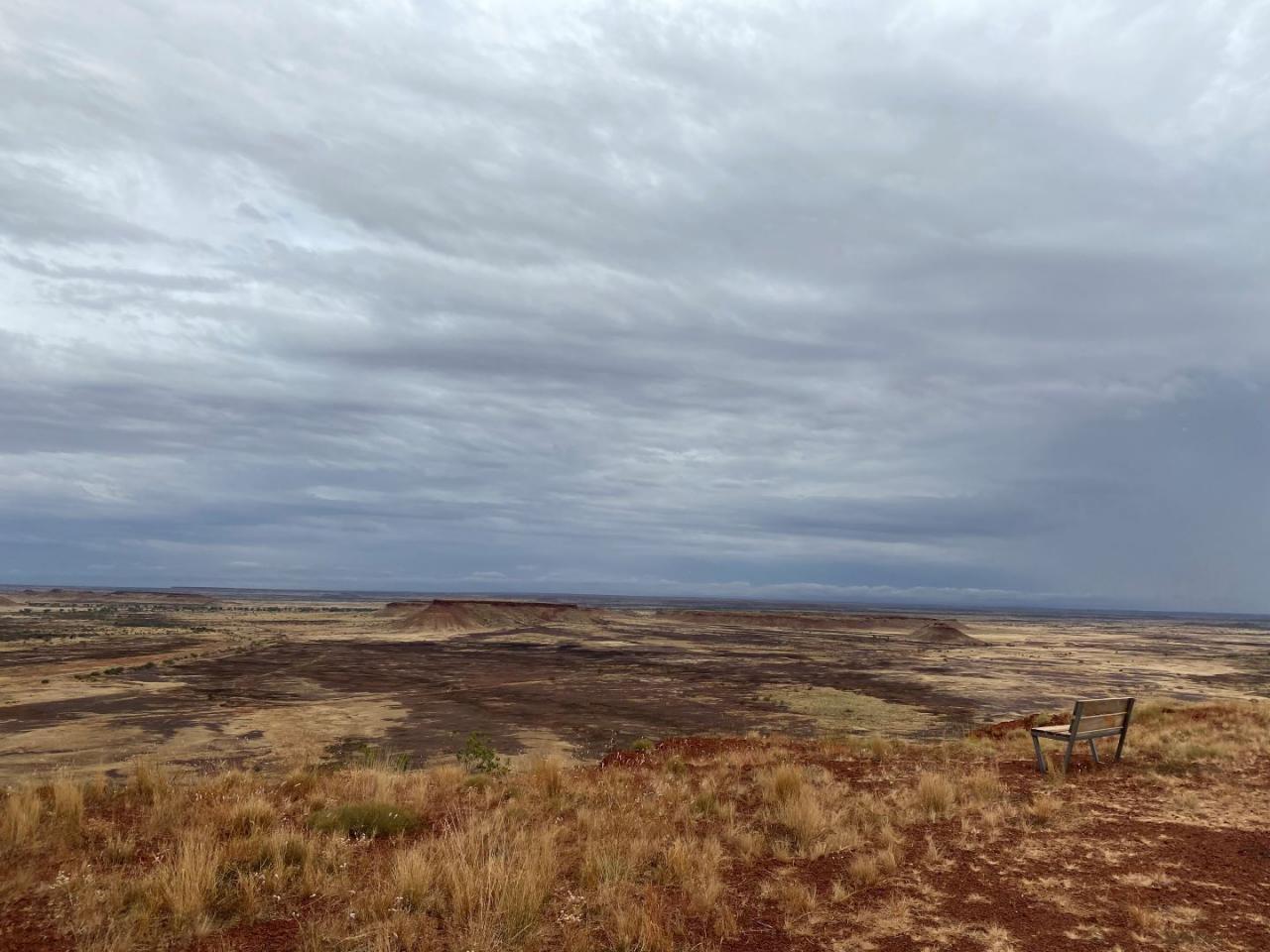The nation’s leading suicide postvention program is dedicated to assisting all people and communities bereaved or impacted by suicide in Western Australia.


Australia’s leading suicide postvention program dedicated to assisting people and communities bereaved or impacted by suicide, StandBy support after suicide, provides support to any person in Western Australia impacted by suicide.
StandBy covers the entire state, with coordinators based in each region across WA – including the Kimberley, Pilbara, Midwest/Gascoyne, Goldfields, Great Southern, Wheatbelt, South West, and metropolitan Perth.
The program, which has been running since 2002, offers coordinated evidence-based support and resources, including connections to local services and groups individualised for each person’s unique circumstance.
StandBy works collaboratively with Thirrili, a dedicated Aboriginal and Torres Strait Islander community controlled organisation providing postvention support and assistance in Western Australia, specifically with Aboriginal and Torres Straite Islander peoples.
Anglicare WA StandBy state manager Karri Ambler said postvention support is still a niche area and relatively new concept in Australian research and practice.
"Pre- and postvention community networks have been developed to identify individual community needs around suicide and consider the wider circle of vulnerability and impact. This incorporates assessments on exposure, sensitivity and adaptive capacity on community and individuals’ vulnerability," Ms Ambler said.
She explained that there are many Aboriginal medical services across WA providing suicide prevention, intervention and postvention supports through their social and emotional wellbeing teams, however funding and collaboration are crucial to keep programs going.
“Collaboration between services in regional and remote areas is essential for service users to access the appropriate supports. Often due to high staff turnover and the transient nature of remote regions, this collaboration and connection can fall down,” Ms Ambler explained.
“Longevity and continuity of care are essential elements for effective postvention supports and have the ability to support and normalise the grief response, minimising the possibility of complex grief and connections into clinical mental health services."

Regional areas of WA including the Pilbara and Goldfields have some of the highest rates of suicide and self harm in the country, particularly among young people. In the Pilbara, suicide and self-inflicted injuries were the leading cause of disease burden for 15-24 year olds from 2022-2024, according to WA Primary Health Alliance.
A shortage of mental health and suicide prevention services have been highlighted in the region, particularly for children under the age of 12 who aren’t eligible for headspace outreach services.
After identifying these alarming figures, zero2hero alongside corporate partners such as Chevron and Access Hire have been able to extend the reach of their mental health education to the Pilbara, Goldfields and other regions across WA in our mission to prevent suicide in some of our most vulnerable communities.
The programs are facilitated in both primary and secondary schools, designed to build confidence, resilience and compassion in young people, with a focus on educating them early on in life with the skills they need to positively manage their mental health, handle the ups and downs of life and encourage others in their community to do the same.
From the recent health alliance figures, it’s clear young people living in regional WA need better access to more support services when it comes to managing their mental health.
Funding in the space is increasing, acknowledging the impact suicide has on all communities in Western Australia.
“Commitment from funders for long-term contracts for programs that have been evaluated and are proved to be functioning effectively would provide stability for individuals in these roles and ensure consistent provision of service and collaboration,” Ms Ambler explained.
“Ongoing commitment for suicide prevention initiatives and programs to build capacity for local people to be in the roles in their communities would create sustainable and long-term service support. This would also assist in knowledge of what communities in particular regions need and be well informed through local lived experience."
Currently, suicide is the leading cause of death for Australians under the age of 44, and 75 per cent of mental illness is formed before the age of 25. Statistics also show that one in four young people currently experience a mental health problem.
In Australia, more than 3,300 people take their own life each year. Research indicates that for every death through suicide 135 people are impacted and ten or more are significantly impacted.
ABS statistics from 2020 show that rates of death by suicide are higher in regional Australia, with on average 15.7 deaths per 100,000 outside capital cities compared with 10.3 deaths per 100,000 in capital cities. In 2020, there were 223 Aboriginal and Torres Strait Islander peoples in Australia who died by suicide, with the median age being 31.3 years.
Ms Ambler explained that grief experienced by a suicide loss is different to grief from other losses and requires a specialised set of skills and experience.
“Historic grief theories and concepts don’t align with suicide grief, and it is essential to keep educated on current research and trends in the space, especially the information around pathologising and diagnosing grief through clinical mental health models and tools and considering cultural and spiritual contributors,” she said.
“Grief from suicide is a normal and natural response for individuals, and although extremely overwhelming and impactful, can be supported and worked through with consistency, trusting relationships and accountability from the service provider.”
StandBy is accessible 24 hours a day, seven days a week, providing free face-to face and/or telephone support at a time and place that is best for each individual.
Lifeline 13 11 14
Beyond Blue 1300 22 4636
StandBy 1300 727 247











